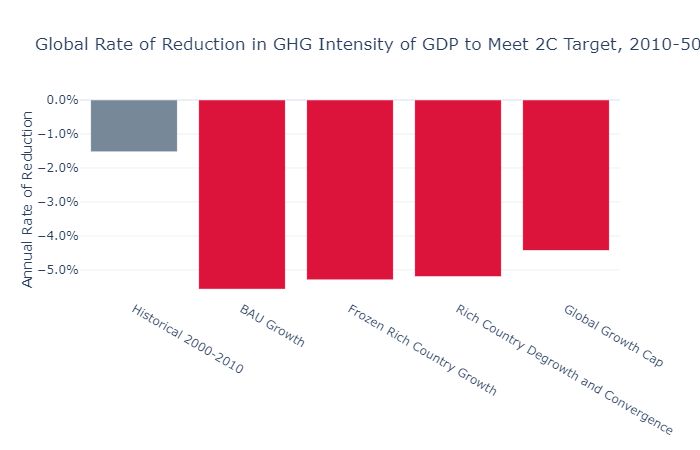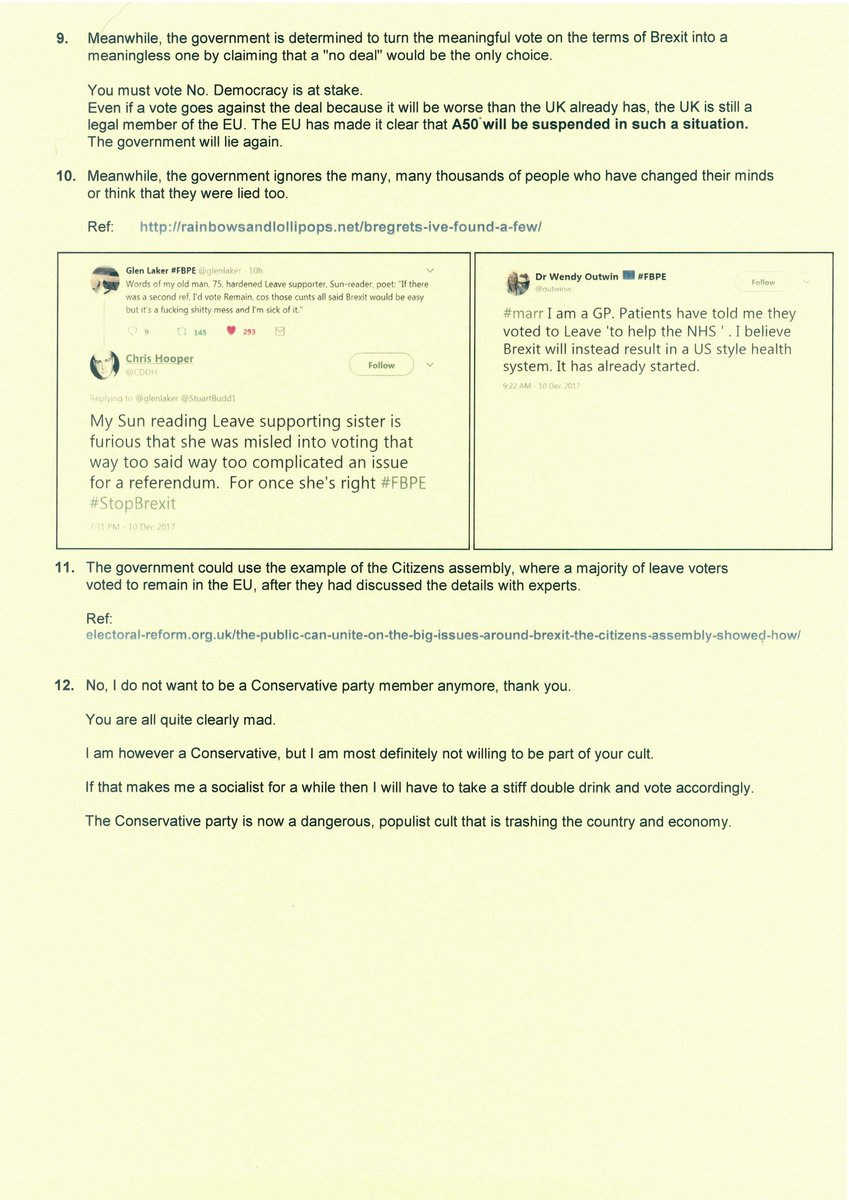Yesterday I was tagged in a tweet by @UlkaKelkar referencing an article about consumption emissions by @rishpardikar
But you can only ever do a small quote, so I thought I'd put down my thoughts on consumption based emissions accounting.
Here goes.
Climate policy isn't the cause of trade flows that driving consumption emissions. Carbon's a tiny part of the value of almost all goods. Thus developed countries are not 'outsourcing pollution' because they don't want pollution, but because production is cheaper elsewhere.
Global trade has been one of the key forces lifting people out of poverty since the 1990s. Developing countries quite emphatically don't want restrictions on global trade. Thus, the UNFCCC includes a provision against trade restrictions in climate policy (Article 3.5)
This is why developing country leaders have come out so strongly against proposed border adjustment measures or climate related trade restrictions, including China, Brazil, Malaysia and Indonesia.
ft.com/content/0432eb…
I therefore find it hypocritical to point to consumption emissions but not follow that thought to its logical conclusion: reducing developed countries' imported emissions footprint requires reducing trade. No developing country wants that, because it will slow development.
I also don't see why developing countries should benefit from international trade, and yet be exonerated from the emissions associated with what they produce with international trade.
Should Russia or Saudi be exonerated from the production emissions associated with their fuel exports? Should Brazil be exonerated from Amazon fires driven by agriculture exports? Absolutely not. So why apply a double standard to other net exports from developing countries?
So here is what I believe.
1. Rich countries should definitely reduce, as part of a cultural change, their excessive consumerism. But it won't buy us that much time on climate change. It may, however, make rich countries happier, healthier and more equal.
2. We should use trade to pressure countries to act on climate change, but we need to be very careful that it doesn't descend into unjustified trade protectionism. Free trade is good for growth, and has been good also for driving down the costs of low carbon techs.
3. We should not formally include consumption accounting into any int'l framework. Developing countries would never allow it; it will always remain a rhetorical hobbyhorse but not one that they seriously want to implement, because they don't want trade restrictions.
By all means, researchers and civil society should point to consumption emissions as a way of pressuring cultural change. But international frameworks and national targets should remain expressed in terms of production emissions.
Ends.










